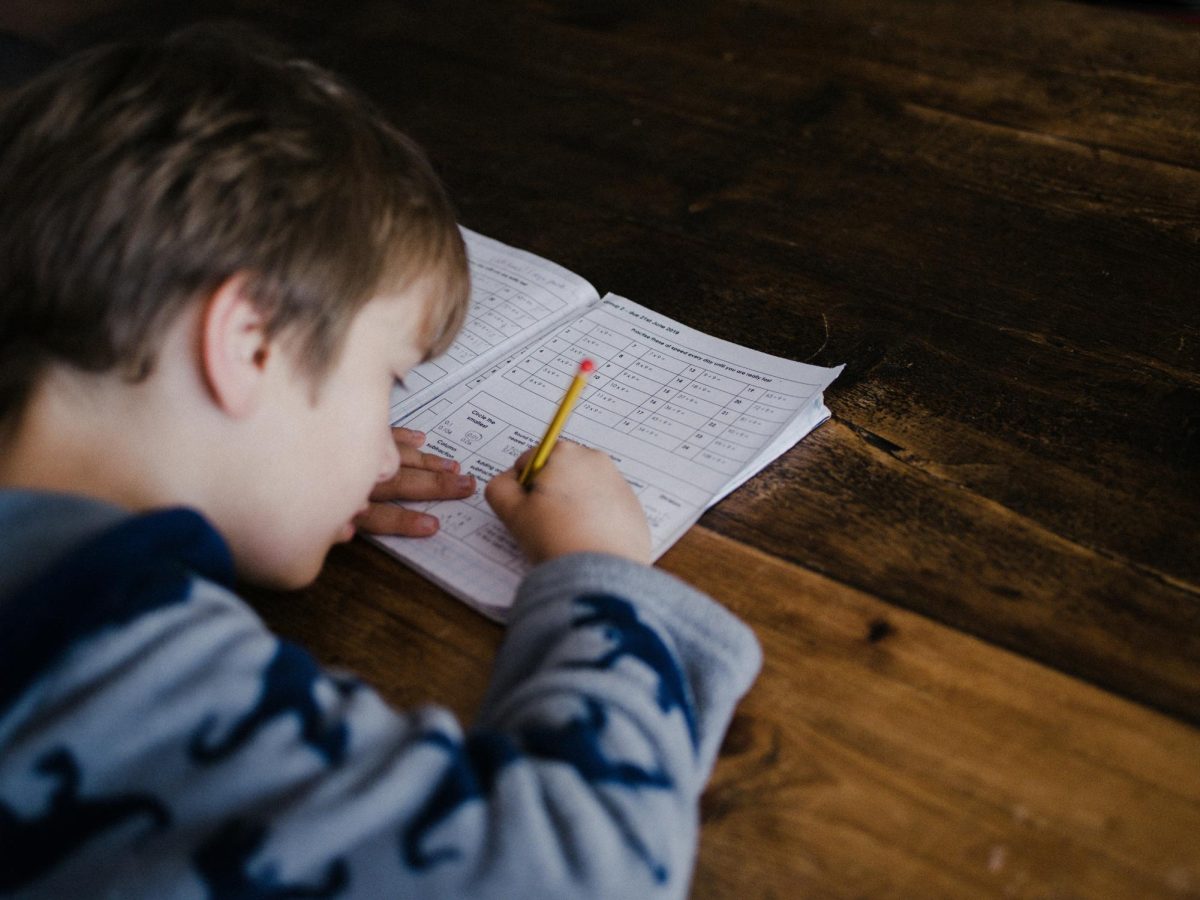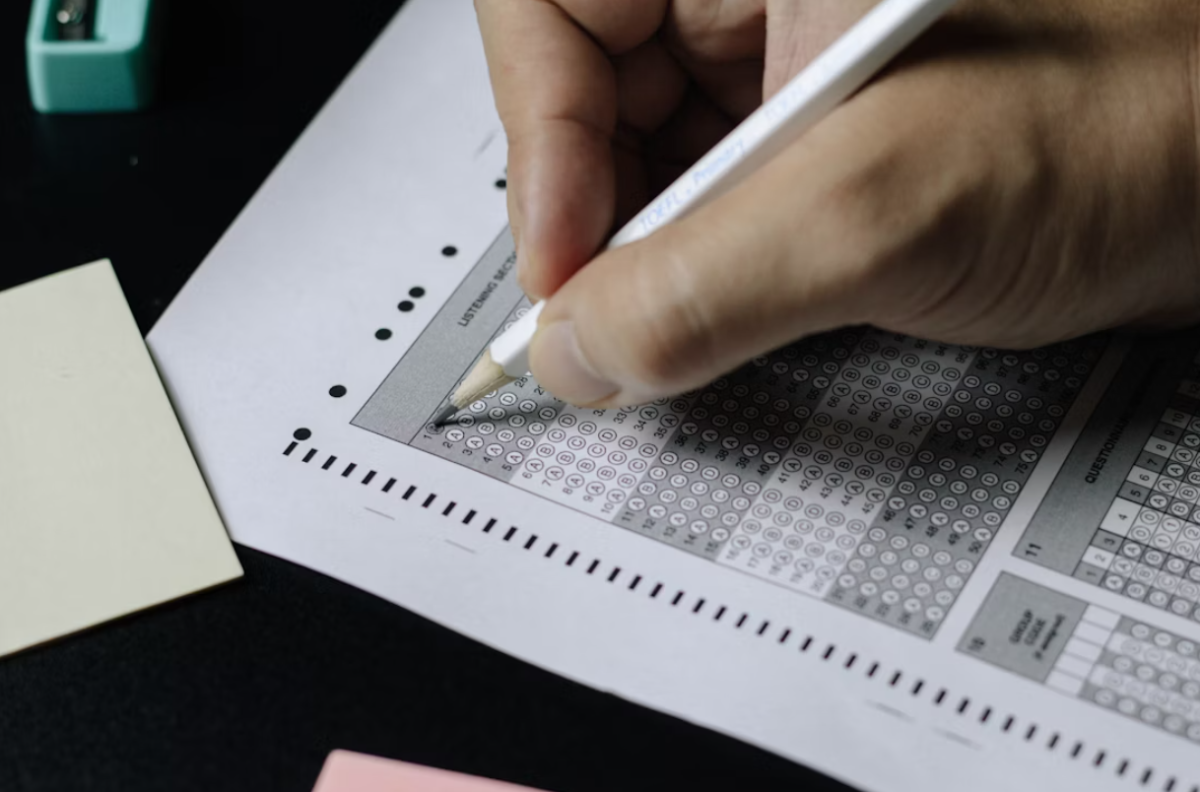Australians work longer hours than workers in many other countries (OECD data), including significant amounts of unpaid additional hours. However research from ANU suggests health and wellbeing declines after working 39 hours each week.
Recently, Australia introduced the Right to Disconnect law, giving workers the right to unplug from work outside their working hours. This follows other countries such as France, Spain, Italy and Portugal and a Senate Committee report that identified groups that would benefit from the new law. Technology has made it easier to receive messages through emails and texts, leading to a ‘always on the clock’ culture (Australian Parliament 2024).
Students can also feel overwhelmed by the tasks and ‘due work’ communicated through technology. However, constantly staying connected to work is neither sustainable nor healthy. The right to disconnect has sparked a conversation about what a healthy work-life balance looks like and has implications about students and homework policies.
A Good or Bad Law?
In support of the law reform, the Centre for Future Work has found that, since the Right to Disconnect law was introduced last year, Australians aged 18-29 experienced about a 40 per cent reduction in their weekly unpaid workload (Taking up the Right to Disconnect?, November 2024). However, Opposition leader Peter Dutton has pledged to reverse the law, if elected. Mr Dutton says the law is damaging to relations between employers and employees as well as hurting productivity (ABC News, 2025).
No Homework for Workers?
The new law supports that workers can acknowledge their personal time without the interruption of work-related communications, emails and phone calls outside of working hours unless it is unreasonable to do so. However, some professionals have special responsibilities and there are situations that justify immediate attention, even if it is outside of working hours, so there are exceptions, especially where duty of care is involved.
According to the Centre for Future Work report, more recently employers have reduced their demands on employees outside of the workday, positively responding to changing social values. Additionally, the introduction of flexible time on site and reducing unnecessary meetings has enabled teachers to better manage their work and home life, communicating that staff are valued and trusted.
Generally, the Right to Disconnect laws are designed to protect mental health against stress, anxiety and burnout by allowing workers to switch off after their working hours. Allowing time to recharge can lead to more focused, creative and productive work (ER Insight, 2025).
If workers can now disconnect, what about students?
Achieving balance is not solely a challenge for workers. Students should also ensure healthy space for their personal lives. Homework is generally assigned for valuable reasons, whether it is for consolidation and revision, practising a skill outside of the classroom, conducting in-depth research or refining work. Effective homework can enhance students’ understanding and skills (Education NSW 2025).
However, unnecessary, irrelevant or overwhelming amounts of homework which impact negatively on mental health or home life should be weighed against the benefits and the circumstances of the student. A wellbeing in schools research project found that, for some students, an excessive focus on homework and achievement negatively affected relationships with their parents and teachers (SCU, 2014) supporting other research that homework and wellbeing are linked (CESE 2020). A study by University of Georgia researchers found that excessive homework can have negative impacts on high school students’ mental health, including their sleep, however the capacity of students varies (Are Students Spending Too Much Time on Enrichment Activities?, February 2024).
Just as Australian workers are protected by the Right to Disconnect law, students can also benefit from managing homework, disconnecting and maintaining personal time. By better managing their home/work/school lives, workers and students can experience improved mental and physical health, better quality of work and enhanced relationships.
Should Homework be Abolished?
Countries such as Finland, Denmark and South Korea have implemented policies to reduce homework, however contexts vary.
Shaping students to become successful learners within the complexities of inequality, AI assistance, parental help, tutors and the like, as well as the unique situations of students warrant appropriate homework strategies.
· Homework, when appropriately designed, can have a positive impact on academic performance (Deysolong, 2023);
· Diverse learners’ needs should be addressed (Education NSW 2025);
· Homework should balance the right to an education with rights to rest, leisure, play and cultural activities (Articles 28 and 31 UN CRC);
· Monitoring homework across all subjects, to ensure the workload is manageable and assigning weekly homework, to consider students’ extracurricular commitments, may be appropriate (Education NSW 2025);
· The quality of homework is more important than the quantity (Hattie, 2016);
· Personalised feedback is crucial to supporting student growth.
Homework should ideally be tailored to each student’s learning goals, interests and abilities. Given the value of well-designed homework supporting skills, abilities and knowledge building, abolishing homework altogether may not be justified, however a discussion of homework is warranted, considering the negative implications of getting it wrong.
How Students Can Avoid Homework Burnout
· Nurture Healthy Relationships: Family and friends play a crucial role in well-being. Share experiences and seek support when needed.
· Communicate with Teachers: If homework becomes overwhelming, discuss with teachers the possibility of adjusting the timing or nature of the task. If homework
completion or performing below capacity is a regular issue, help may be needed. If excessive time is spent on minor details or extreme anxiety is experienced about the mark, there may be a need to adjust.
· Set a Homework Schedule: Allocate specific times for homework and use incentives, such as rewards, to stay on track. If Procrastination and poor time management can make homework more challenging than necessary.
· Take Breaks: Include short breaks during study sessions (5-10 minutes) to refresh both mind and body. Stand up, stretch, or take a brief walk.
· Ensure Enough Sleep and Limit Screen Time: Disconnect from digital devices at least an hour before bedtime to improve sleep quality. Adequate sleep enhances capacity and wellbeing.
· Engage in Co-Curricular Activities and Hobbies: Develop expertise and skills away from the computer screen. Participate in enjoyable activities outside of the classroom to maintain a balanced life.
· Set Wise Priorities: Identify clear goals and make decisions that will help achieve them. From a Christian perspective, ultimate well-being is found in nurturing a right relationship with God; set priorities and make decisions that align to personal principles.
As Australian lawmakers have established the Right to Disconnect for workers, teachers and students can also reap the benefits of adopting similar principles concerning homework. By setting goals, seeking help and finding a balance between schoolwork and personal time, students can protect their mental health, relationships, community service and overall well-being.
While the Right to Disconnect law has sparked concern and debate among some groups, it is widely acknowledged that both pursuing excellence whilst achieving a balance between work, leisure, and rest is beneficial for the community.


















